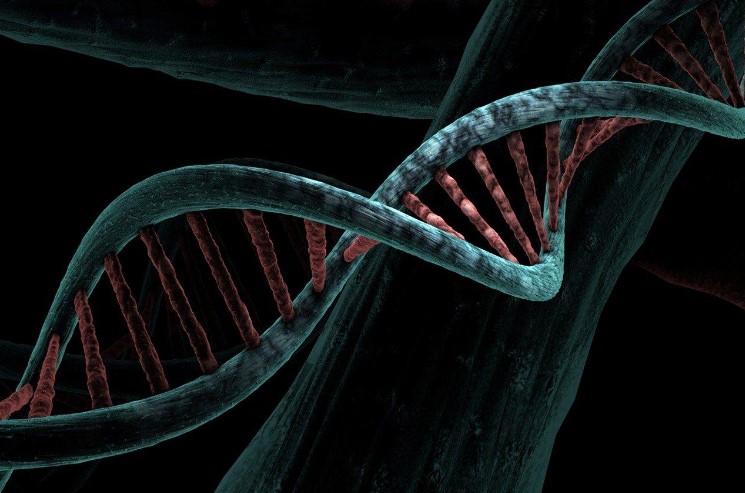
DNA has become increasingly common in recent years, and many people are familiar with its use in forensic investigations and paternity cases. However, DNA testing has many other uses that may be less well-known. For example, DNA testing while pregnant can be used to screen for genetic disorders or to determine the sex of the baby. The analysis of the DNA can also be used to identify genetic risks for certain diseases, allowing individuals to take preventive measures to protect their health. In addition to these medical applications, DNA can also be used in a variety of other contexts. For example, paternity test at home kits are now widely available, allowing men to determine their paternity from the comfort of their own homes. Do you want to trace ancestry and identify genetic relationships with distant relatives? Your DNA has the information that bonds you with your past.
DNA testing in the workplace
The use of DNA is not just limited to personal or medical use. In recent years, companies have used the results of a DNA test in a variety of ways. For example, DNA can be used to verify the identity of job applicants, to ensure that they are who they claim to be. Blood analysis is also used to determine whether an employee is using drugs, allowing companies to implement drug-free workplace policies. In addition to these uses, DNA testing can also be used to identify genetic risk factors for certain types of work. For example, some jobs may be more physically demanding than others, and an individual’s DNA may indicate whether they are more or less likely to be able to handle the physical demands of a particular job.
The future of DNA
The technology that scientists use to analyze DNA continues to advance. It is likely that we will see even more uses for this powerful tool. For example, in the chromosome chain scientists can identify genetic predispositions to certain types of behavior or personality traits, potentially allowing individuals to tailor their education or career path to better suit their strengths and weaknesses. Scientists can identify genetic markers for mental health conditions, allowing for earlier and more effective treatment. Overall, DNA testing has a wide range of uses, and its potential applications are likely to continue expanding as technology improves. From personal and medical uses to forensic and workplace applications, DNA is a powerful tool that can provide valuable insights and information. And we have not yet discovered how to clone people.
